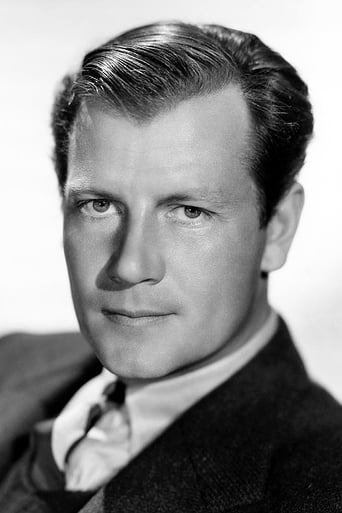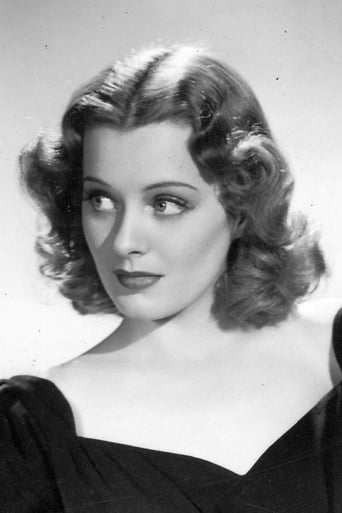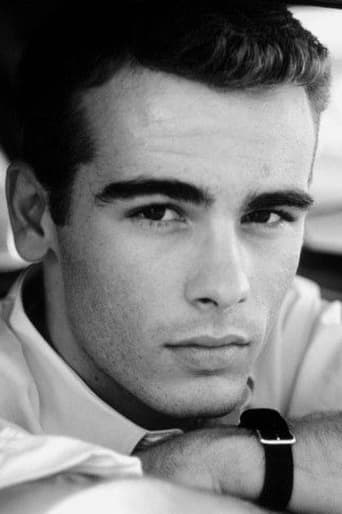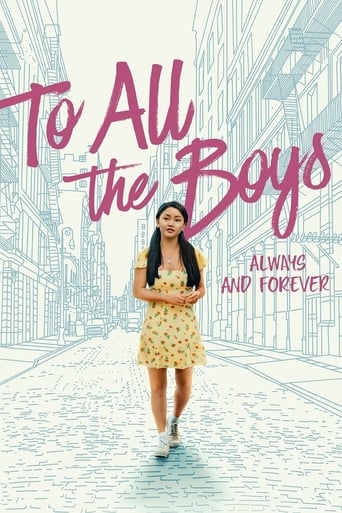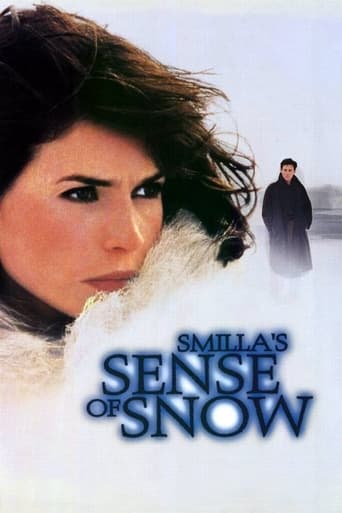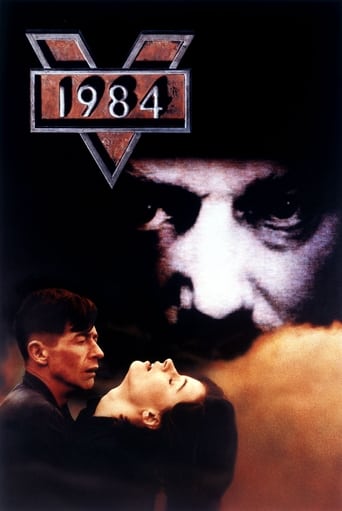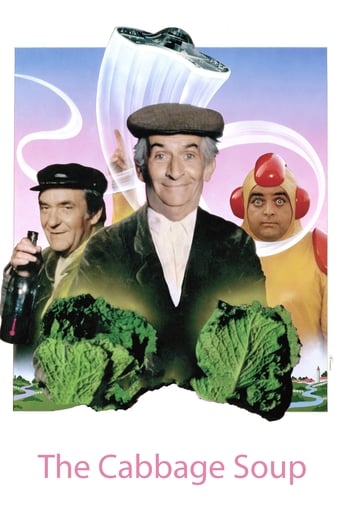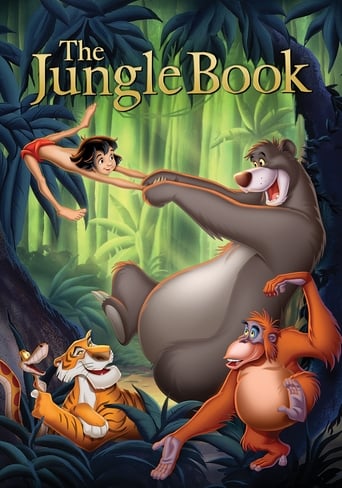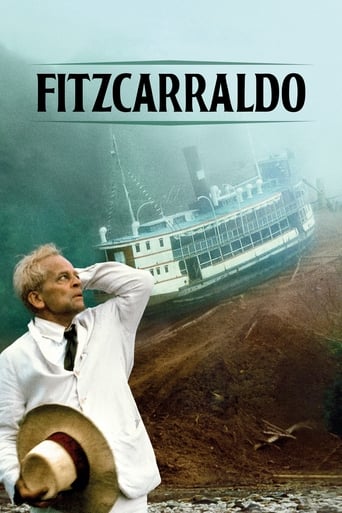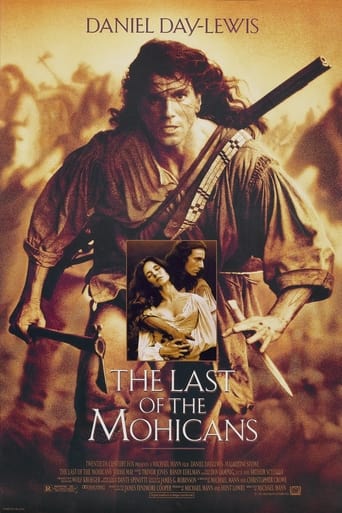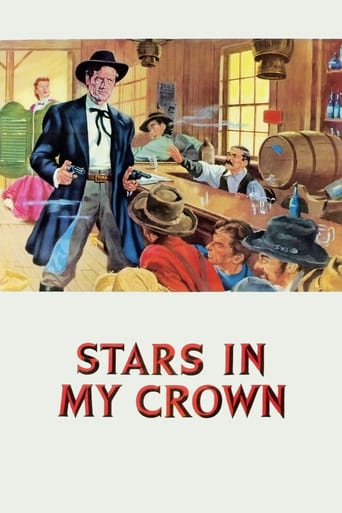
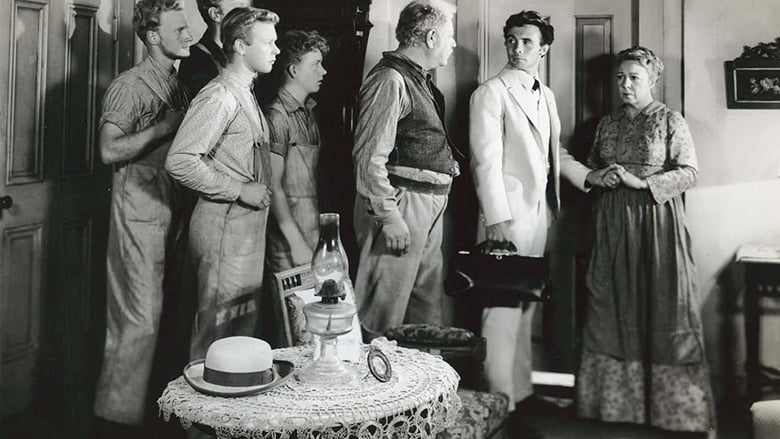
Stars in My Crown (1950)
The story of a young pastor coming to a small town in the United States to set up his ministry. The movie tells of the various relationships and struggles he goes through as he goes about raising his family and preaching to the community.
Watch Trailer
Cast
Similar titles

Reviews
Waste of time
I am only giving this movie a 1 for the great cast, though I can't imagine what any of them were thinking. This movie was horrible
The film creates a perfect balance between action and depth of basic needs, in the midst of an infertile atmosphere.
There are moments in this movie where the great movie it could've been peek out... They're fleeting, here, but they're worth savoring, and they happen often enough to make it worth your while.
The plot summary gives you the impression that this is a Western.Unfortunately this is not the case.Instead we have got what can only be described as a moralizing preaching drama.There is very little drama and a truly bizarre climax where McCrea persuaded the vigilantes not to lynch the afro America n as they will be willed his possessions.Whowver wrote this should have had his head examined.
Stars in My Crown (1950)A period drama, though and through. The time is the end of the 1800s in rural America. The small town has all the expected types, especially the kindly preacher (who leads the story through his adopted nephew, a charming and energetic boy). There is the the greedy capitalist, the skeptical doctor, the hardy Swedish family, the pretty wife and the pretty girlfriend, and the old black farmer. The acting is sincere, and the writing honest and filled with homespun wisdom.So this should be a good movie and it is. It's also very "old-fashioned" (that's the first word that came to mind. I have figured out what that means—not that it's filled with good people striving to do well and be happy in simple times, though that is true. It's more that it feels simple. This makes for a lack of complication, and surprise, and tension.The worst part of this is that everyone is who they appear to be, without development or complication. Even when the final huge crisis sweeps the town and people are forced to step outside their usual roles, they do so predicatably. It's all very sweet but a bit of a bore—or to be nicer about it, a bit less exciting than the movie had the potential to be.One last final note—leading man (pastor) Joel McCrea has a mixed role as leading man. Here he is cast perfectly, and he fits the part and holds it up, and holds up his end of the movie. Nice to see him at his best.
The simple folks, being fooled in every way by the evil system that they have not yet had the strength to get rid off, will still feel shame for their stupidity when faced with the divinely good.What is revealed to us later in that magic last scene is not revealed to them and we experience it with them and see in the black old man our true Jesus.Now, somebody who has been hounded all his life, will maybe not be strong enough to write such a will but the beauty of the film is that the black man has always been portrayed in the film with utmost dignity, so we are fooled just as everybody else.First, I thought it was a letdown that uncle Famous did, in fact, not write that will but later I realized that it would have been too saintly bordering to unrealistic to have him write it. However, had he been less oppressed he might very well have written it and later on in history a black man did indeed write many extraordinary things - Martin Luther King.This film has the same impact against racism as The Bicycle Thief has against market economy, One Flew Over the Cuckoo's Nest has against psychiatry and society, The Elephant Man has against levity and Great Expectations has against fixed ideas and illusions.A film to be proud of having seen, if such a thing is possible.
A country parson (who's packin' heat!) arrives by train in small Whalesburg to take charge of the religious duties, and does so not with violence but with prayer, patience, common sense, and love for his fellow man. Joel McCrea is just about perfect in the lead: with his low-keyed preciseness and enunciation, he's like the country cousin to Henry Fonda (and, even more appealing than Fonda, McCrea has some aw-shucks sex appeal which understandably draws choir-singer Ellen Drew to him). Drew snares him, marries him, but right away starts nagging at him (good-naturedly, of course) and calling him Mr. Gray. It's too bad the screenplay (based on the book by Joe David Brown, who also wrote "Addie Pray", a.k.a. "Paper Moon") doesn't concentrate more on the courtship of the parson and his girl, or even on his unusual blend of crackle-barrel wisdom, Scripture reading and take-no-prisoners approach. Instead, the focus is more on the townspeople and their highs and lows: a black sharecropper is nearly run off his land by the Knightriders (in sheets and hoods), Typhoid fever runs rampant through the school (causing the preacher some self-doubt), and the new doctor in town, while romancing the schoolteacher, must overcome his lack of faith. This is the kind of folksy Hollywood story wherein a man and a woman can't be together in the same room without falling in love. It's sweet all right, and humanized by a good cast and a fine director (the talented Jacques Tourneur), but too often the sentiment turns cloying, slowing the pace down. Lots of now-famous faces from television turn up, including Dean Stockwell, James Mitchell, "Gunsmoke" alumni Amanda Blake and James Arness, and the Skipper's father, Alan Hale, in his final film. **1/2 from ****
